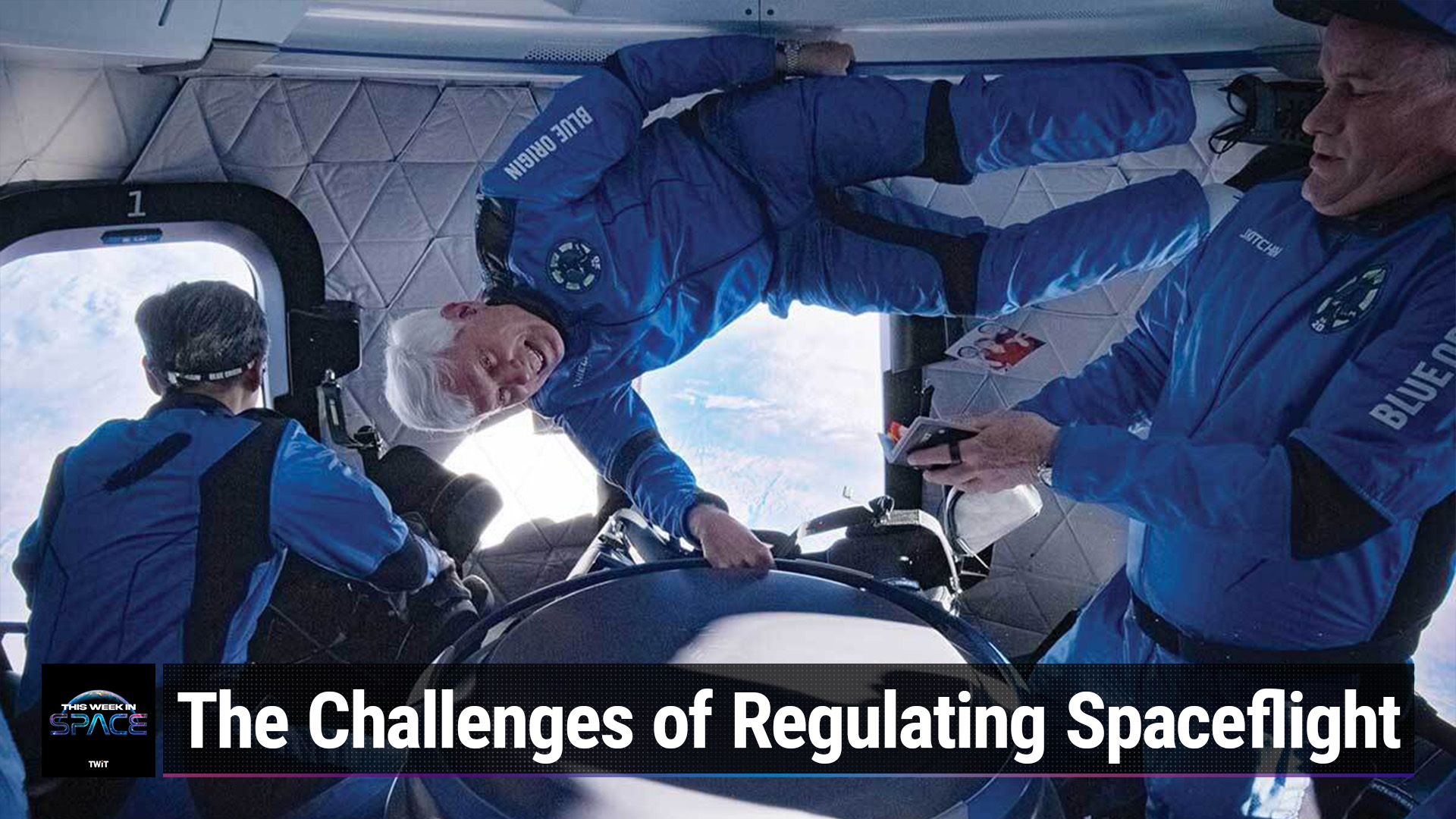Dr. Nield: An Insider's Look at Blue Origin's Suborbital Flight

AI-created, human-edited.
On the latest episode of This Week in Space, hosts Rod Pyle and Tariq Malik sat down with Dr. George Nield to get an insider's account of his, shall we say, out-of-this-world experience. Unlike brief glimpses from Earth-based images and video, Nield describes an unforgettable view that "photographs and video just do not do justice."
Strapped into what he called the" ultimate space recliner," Nield recalls the moment the booster separated, and he unbuckled his seatbelt to float weightlessly inside the capsule. "You see the curvature of the Earth. You see this thin blue band. That's the atmosphere that you're above, and you look above that, and instead of blue sky, it is the blackest black that you can imagine," he says. Pyle and Malik probe Nield on everything from the surprisingly short training to emergency protocols. They only have three days to learn critical operations like communications procedures and strapping in for multiple G forces. While autonomous, Nield confirms there are manual controls if needed, with an entire mission control team tracking all systems.
With decades working on human spaceflight programs, Nield provides a unique context on the emerging world of commercial space travel – still nascent but quickly evolving. And as more providers like Blue Origin and Virgin Galactic prepare to send paying customers skyward, his experience underscores the calculated risks involved. "If you look at our safety record for human spaceflight, United States has launched on the order of 400 human spaceflights, and four of those have ended with a fatal accident...That's a 1% fatal accident rate, which is about 10,000 times more dangerous than a commercial airliner," Nield points out. A staggering statistic. Yet he, like hosts Pyle and Malik, remains hugely optimistic about the opportunities ahead. The trio explores potential advances like orbital fuel depots, commercial moon bases, and even point-to-point suborbital travel that could fly passengers anywhere on Earth within an hour or two.
For lifelong space enthusiasts, the future holds untold possibilities. In Nield's case, it is the chance to check off a top item on any rocket scientist's bucket list. Was it everything he hoped for? In a word – awesome. It's a great episode and worth a listen. Download the show here in your favorite podcast app.
Become a subscriber and never miss an episode: This Week in Space